
Video
Longleaf Pine Forest - We see a recent controlled burning. Bracken and Cinnamon ferns grow here. We also see Hooded Pitcher Plants and Wild Indigo.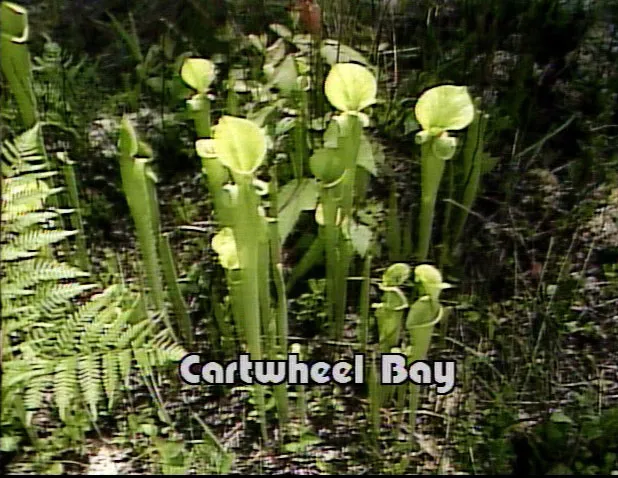
Although many Carolina Bays are temporary ponds that hold water only part of the year, these wetlands host a variety of wildlife, providing valuable habitat for such animals as frogs, salamanders, turtles, snakes and alligators. Many birds, such as herons, egrets and migratory waterfowl, live in Carolina bays. Also mammals, such as deer, raccoons, skunks and opossums get food and water from Carolina bays. In addition, microscopic organisms called zooplankton live in Carolina bays. Salamanders and frogs are among the most abundant wildlife found in Carolina bays. As amphibians, these animals spend part of their lives in the water; as adults, they depend on Carolina bays as breeding sites where they lay their eggs.
Average water depth and soil type have a large influence on the types of plants found in and around Carolina bays. Many bays contain trees such as black gum, sweet gum, magnolia, bald cypress and maple, and shrubs such as sumac, button bush, gallberry and red bay. Also common in Carolina bays are water lilies, sedges and various grasses. Cartwheel Bay also offers several varieties of rare and beautiful carnivorous plants.
Closed captioning has been provided for this broadcast program.

Video
Longleaf Pine Forest - We see a recent controlled burning. Bracken and Cinnamon ferns grow here. We also see Hooded Pitcher Plants and Wild Indigo.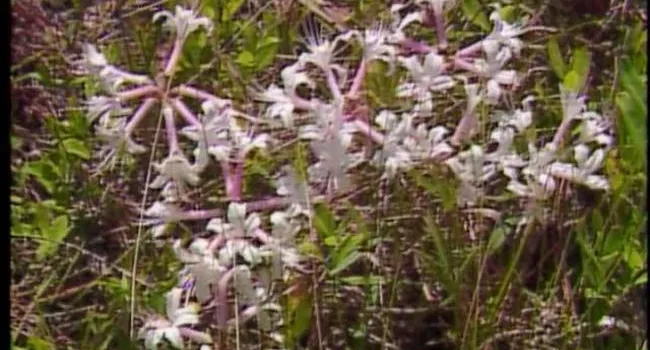
Video
We find dwarf azaleas in this sweet smelling area. We also see the Blackjack Oak, Sundew, the grass stage of the Long Leaf Pine, and Fleabane all along the road.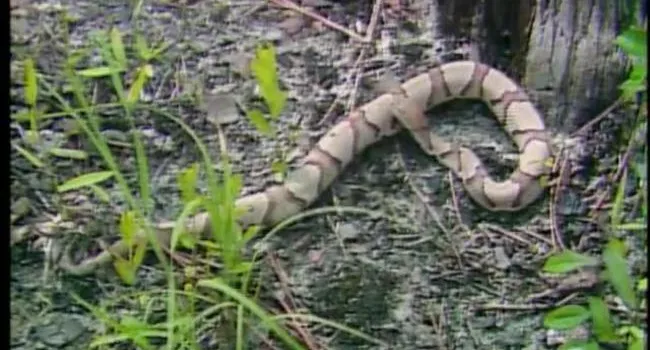
Video
Along the Road - NatureScenes hosts follow the road and come upon a Copperhead snake.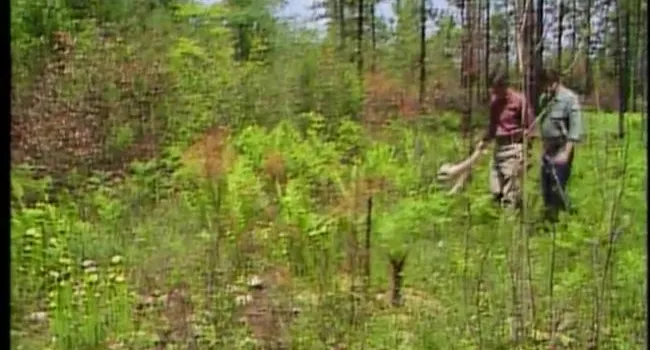
Video
Edge of the Bay - The edge of the bay has red bay growing, along with groups of Trumpet Pitcher Plants.
Video
This red-headed woodpecker is strikingly colored with its entire head red.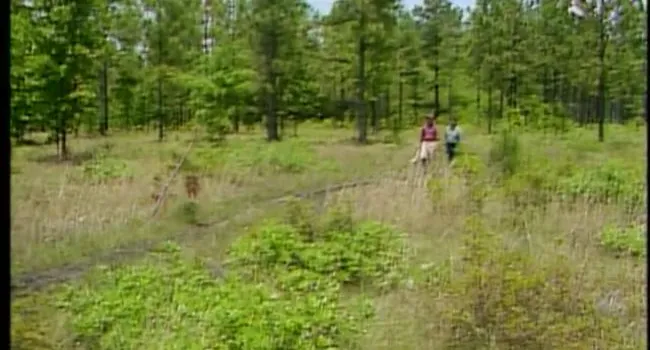
Video
Here we see Running Oak and Sweet Pitcher Plants. Also view a dragonfly and a Cottonmouth snake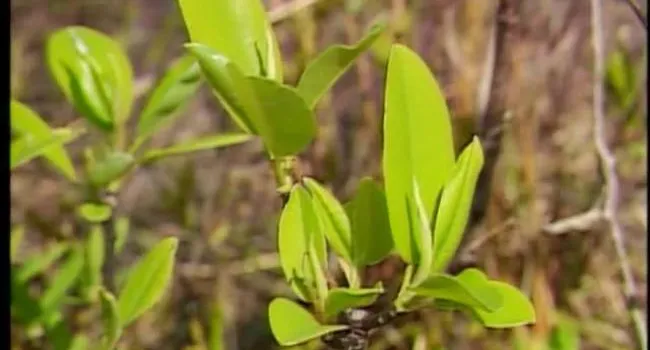
Video
Here we have a view of Pond Pine, Sweet Bay, Magnolias and Pepper Bush. We also get a look at the Oak Toad.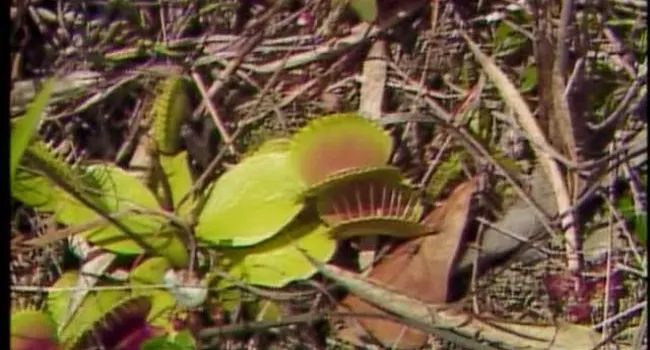
Video
We take a look at the closing mechanism on the Venus fly trap leaf.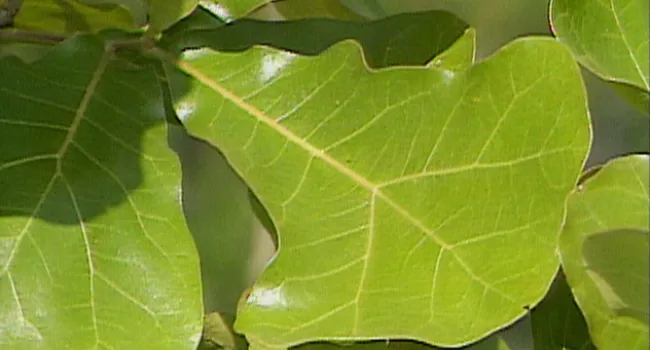
Photo
Quercus marilandica Low to medium-sized tree Height 40 - 50 feet 4 - 8 inch thick, leathery and shallow-lobed leaves Brown leaves scaly or hairy underneath Twigs angled, hairy Dark trunk broken into...